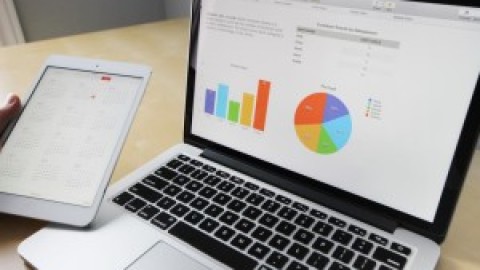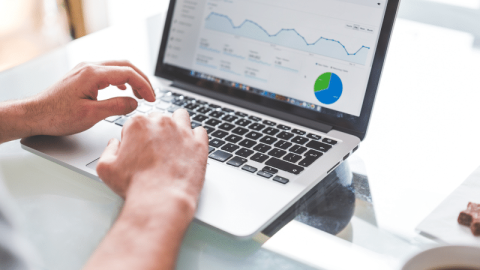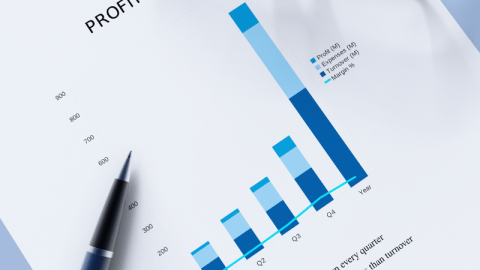 Balance sheets play a critical role in any business, regardless of that business’ size, age, and industry> Balance sheets can be beneficial for small businesses too, and that’s the reason many small business owners prepare them.
Balance sheets play a critical role in any business, regardless of that business’ size, age, and industry> Balance sheets can be beneficial for small businesses too, and that’s the reason many small business owners prepare them.
Any company with shareholders needs to prepare a balance sheet, otherwise known as a Statement of Financial Position.
It will allow you to calculate things like working capital, current ratio, quick ratio, cash ratio, current assets, long-term assets, long-term liabilities, short-term liabilities, assets turnover, inventory turnover, average days required to receive payables, average days in which the company pays off its liabilities, debt-to-equity ratio, leverage ratio, return on assets, and return on equity.
All these things help you plan well. Some will help you figure out which assets you can easily convert into cash, how much liability the company has to pay, or how much capital the business has for day-to-day activities.
In addition, you can use balance sheets to compare your business with others in the industry, analyse risks, and determine how the company can reduce financial and operational risks.
It’s important to pay close attention to your business’s balance sheet; you’ve made a significant investment in your company, and you need to take that investment seriously. If the return on equity is high, then the company is generating decent money for its investors.
If not, then that company isn’t making anyone rich. In addition, if a competing company has a better return on equity, then your business isn’t as efficient as it should be.
 The same is true with return on assets, which shows that the return that the company is earning on all its assets. Total assets include both the equity as well as the liabilities. If another firm in the industry is enjoying a better return on assets, you need to study why your business isn’t able keep up or why it’s incurring more costs.
The same is true with return on assets, which shows that the return that the company is earning on all its assets. Total assets include both the equity as well as the liabilities. If another firm in the industry is enjoying a better return on assets, you need to study why your business isn’t able keep up or why it’s incurring more costs.
Remember, you need to make your assets work for you. You wouldn’t take it lightly if your savings account gained less interest, so don’t just sit still if your balance sheet showed a decline in profits.
Regardless of the size of the business, balance sheets are crucial. Whether it’s a small shop or a large corporation, and whether it’s a start-up or a family firm—balance sheets are indispensable. An entrepreneur like you should know how to study and make the most out of them—it will pay off.
You should make your balance sheets your best friends, because only they will help you get a feel for the worthy investment.















